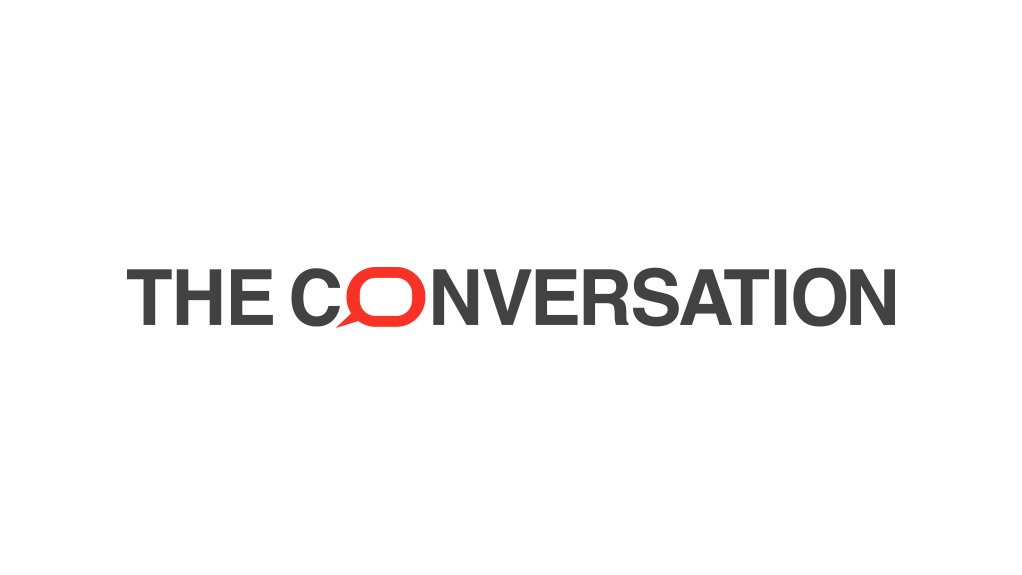![]() Worldwide, small and medium enterprises (SMEs) are seen as the backbone of a thriving economy. They make up a substantial portion of the total number of companies and are estimated to contribute over 87% of all jobs globally.
Worldwide, small and medium enterprises (SMEs) are seen as the backbone of a thriving economy. They make up a substantial portion of the total number of companies and are estimated to contribute over 87% of all jobs globally.
A recent World Economic Forum report showed that major disruptions affect the value chain of SMEs significantly more than they affect larger enterprises. Disruptions, such as Covid-19 and geo-political tensions, often lead to failure among these businesses.
In South Africa, an example of a significant risk to SMEs is the acute shortage of power. Power outages mean that they can’t operate. No production or trade is possible, and inventory is damaged. The enterprises can’t plan and execute their operations effectively, or meet the demands of their customers. They can lose revenue and customers.
South Africa’s acute power shortages are likely to go on for some time. But we believe that the concept of the sharing economy holds promise to minimise disruptions.
The concept is based on sharing and collaborating through digital platforms within a community with similar characteristics. In our view, based on the work from our doctoral research specialising in the digital transformation of small and medium enterprises, we argue that small and medium enterprises could use platforms like this to minimise the adverse effects of the ongoing power cuts.
For example, they could share energy generation infrastructure such as mobile battery storage units, portable generators and solar panels.
In addition, by sharing resources and equipment, SMEs could reduce operational costs and increase their resilience in the face of power cuts. The sharing economy could also help them connect with other businesses in their community, creating new opportunities for collaboration and partnerships.
Where it’s worked
There are examples of this approach working elsewhere.
SonnenCommunity is a sharing economy platform that allows homeowners with a battery-based energy storage system to share their excess energy with community members. It’s used in a host of countries, including Germany, Australia, the US, Italy and the UK.
Members of this community are connected through a digital platform that enables energy trade and communication between members.
Another example is Gridmate. This is a peer-to-peer energy-sharing platform allowing people to donate energy to those in need.
In the South African context energy generation infrastructure could be shared among community members with different scheduled power cuts. This could include portable generators and mobile battery storage units.
However, for the system to work, communities setting up this arrangement must be in close proximity to one another. This is because the scheduled power cuts – known as loadshedding – are normally set up in a way that one zone will have power, while another has its power cut.
For this idea to work, the zones or loadshedding blocks with complementary power outage schedules should be in close proximity to each other.
The whole process is powered by digital platforms that facilitate sharing. For example, a digital platform could be set up by local business forums where there could be shared purchasing, crowdfunding, crowdsourcing, and promotion of collective consumption.
The potential of the sharing economy in small and medium enterprises
Power outages are having a ripple effect on the economy. They are causing delays in the delivery of goods and services, affecting consumer confidence, and ultimately leading to a decline in economic growth.
For some small and medium enterprises, loadshedding is a life-and-death issue. The sharing economy would allow them to continue making a living.
This is particularly true for businesses operating in disadvantaged communities. These often face additional challenges in accessing energy due to location, limited infrastructure, financial constraints and other factors. A more affordable and equitable energy system would allow businesses to share resources and infrastructure.
Written by Ofentse Olunloyo, Doctoral Candidate specialising in the Digital Transformation of Small, Medium and Micro Enterprises (through the Sharing Economy) | Master in Business Administration (MBA) | Digital Marketing Expert, University of Johannesburg and Tankiso Moloi, Full Professor and Director: Academic at the Johannesburg Business School, University of Johannesburg, University of Johannesburg
This article is republished from The Conversation under a Creative Commons license. Read the original article.
EMAIL THIS ARTICLE SAVE THIS ARTICLE ARTICLE ENQUIRY
To subscribe email subscriptions@creamermedia.co.za or click here
To advertise email advertising@creamermedia.co.za or click here











